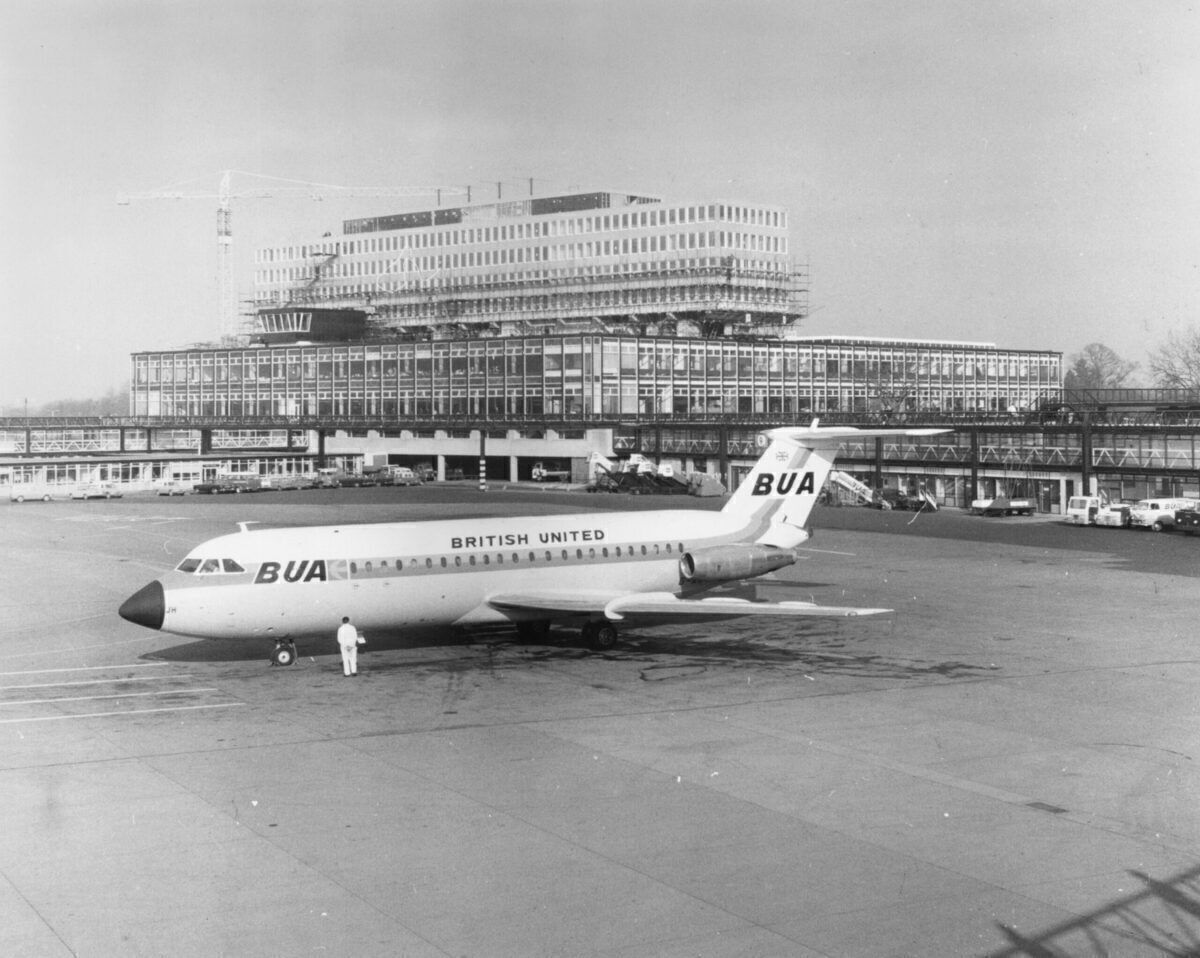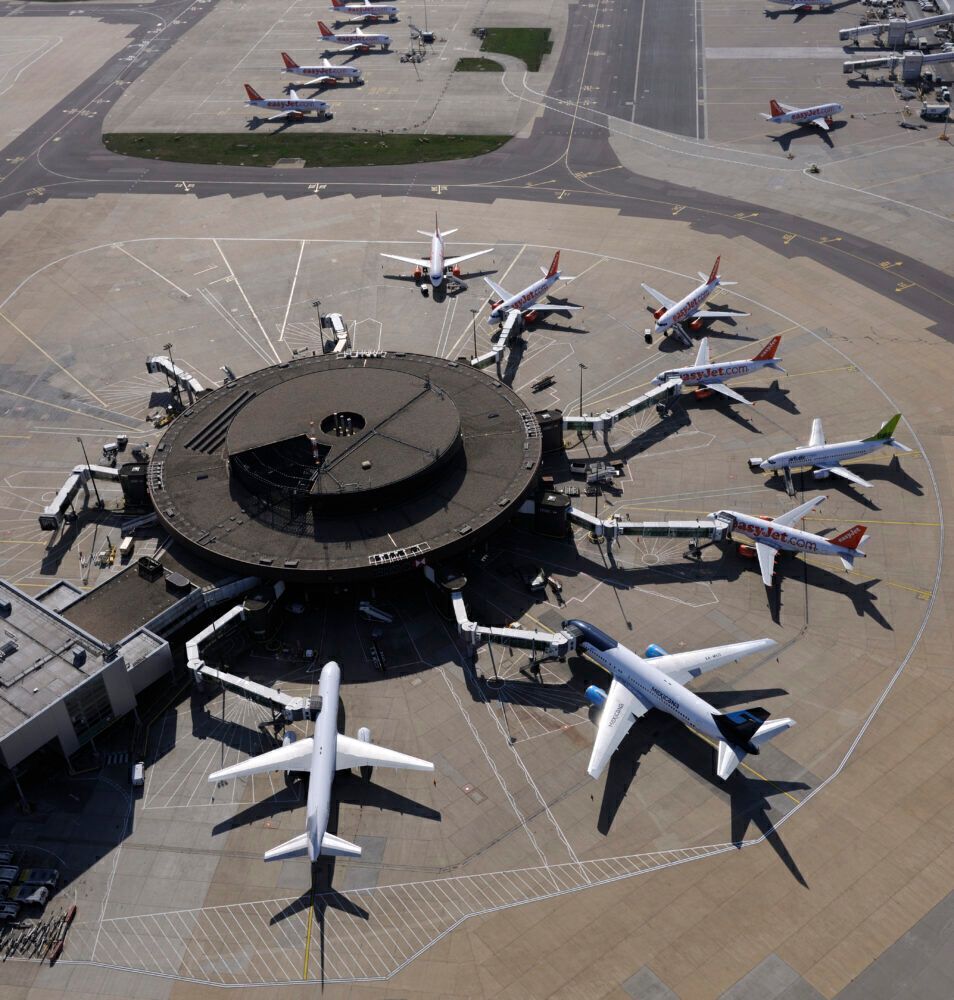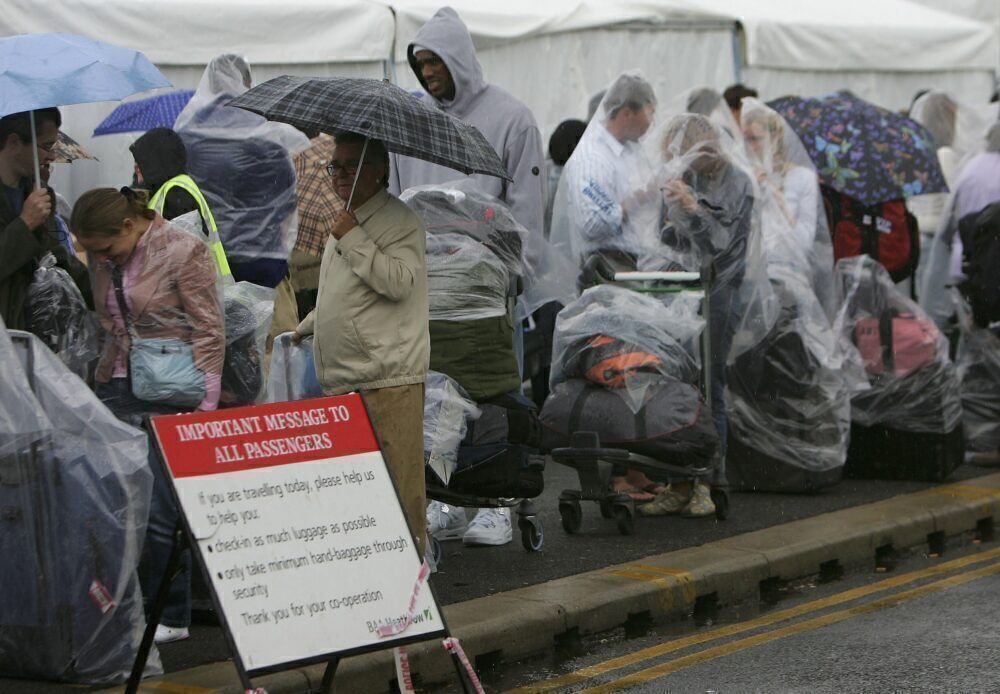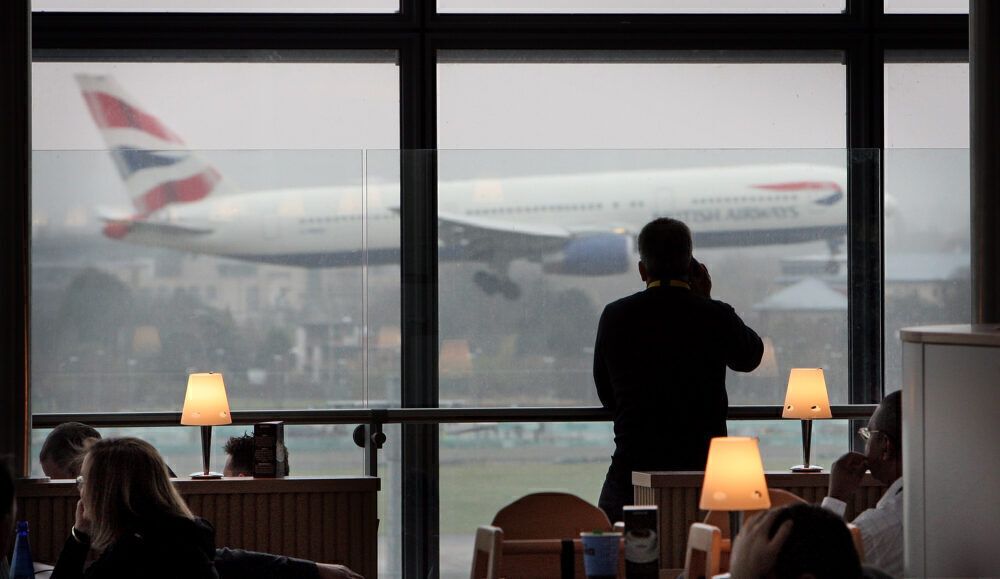In 1965, the British Airports Authority had responsibility for four major UK airports – Heathrow, Gatwick and Stansted in London, as well as Prestwick near Glasgow in Scotland. Following privatization in the ‘80s, BAA plc owned and operated nine different airports, eight of which were in the UK. But in 2009, it sold Gatwick, and over the next few years, divested all of its airport ownership to leave it with only Heathrow. Why did this happen?
An expanding airport company
When aviation was still relatively young, the British Airports Authority was set up to take ownership of the major airports in the UK. Three London airports and one in Scotland were put under its control at launch, and in the following years, it also acquired Edinburgh, Glasgow and Aberdeen airports.
With Thatcher’s push to privatize much of the UK’s state-owned industries, the Airports Act 1986 was passed, which turned the British Airports Authority into BAA plc, a publicly-traded entity. Capitalization of BAA plc initially raked in over a billion pounds, but it was to be the beginning of the end for the company.
Initially, the privatization of BAA seemed to be a positive move. It set up a subsidiary in the USA, and took over the management of retail at Pittsburgh International Airport in 1991. In the following years, its USA arm expanded to include management of Boston Logan, Indianapolis and Baltimore-Washington.
But it wasn’t just the USA where BAA was spreading its wings. It won a majority stake in Hungary’s largest airport, Budapest Ferihegy International, when it was privatized in 2005. In a similar fashion, it took a 65% stake in Naples International Airport. And it also won the contract to oversee the redevelopment of Sir Seewoosagur Ramgoolam International Airport in Mauritius.
However, BAA’s expansion had not gone unnoticed. In July 2006, a consortium led by Spanish company Ferrovial took over BAA, signaling its de-listing from the FTSE and the start of problems for the company. Ferrovial valued BAA at £10 billion ($20 billion at the time), which was seen as a bit of a bargain. But the trouble was just beginning.
Stay informed: Sign up for our daily and weekly aviation news digests.
Forced divestiture
Ferrovial probably began to regret its purchase of BAA within weeks of signing the deal. New security measures brought in at Heathrow following a serious terrorist threat saw security clearance slowing to a crawl. As the industry headed into summer the following year, a terrorist attack on Glasgow Airport and a bomb scare at Heathrow indicated another year of pressure on the security systems at BAA’s airports was upon them.
But that was to be the least of Ferrovial and BAA’s troubles, as it happened. The British media publicly lambasted BAA for its ‘shambolic’ handling of the new security measures, not to mention the embarrassing launch of Heathrow’s T5, and that, it seems, caught the eye of the government. With BAA maintaining a hold over seven of the UK’s biggest airports, having sold Prestwick in 1992, its monopoly was lighting up the radar for the UK’s Competition Commission.
In August 2008, the Commission launched an inquiry into the situation. It said that the Spanish-owned BAA’s monopoly on major UK airports had led to a significant decline in standards and mooted that a breakup would be in the public's best interests. The investigation lasted seven months, and came to the worst conclusions for BAA.
The watchdog concluded that BAA would be ordered to sell off three of its seven airports over the next two years. Specifically, it said the company had to divest itself of Gatwick, Stansted and either Edinburgh or Glasgow. The first airport put up for sale was to be Gatwick.
Economic downturn
Gatwick was expected to make at least £1.6 billion when it was sold. In the end, an agreement was reached with Global Infrastructure Partners (GIP) for just £1.51 billion. Taking into account all the costs involved in the sale, Ferrovial said that it made a capital loss of around $212.6 million from the divestment of the airport.
The global financial crisis had taken its toll and eaten into the value of London’s second busiest airport. Given the poor result, Ferrovial fought tooth and nail to maintain ownership of its other airports, but its appeals were unsuccessful.
By 2014, it had sold not only Gatwick, Stansted and Edinburgh, but with significant debts to service, it also sold off Aberdeen, Glasgow and Southampton. It renamed itself Heathrow Airport Holdings, and today this remains the only airport for which it has responsibility.
Do you remember when Gatwick was sold? Do you think it was a good move? Let us know your thoughts in the comments.




